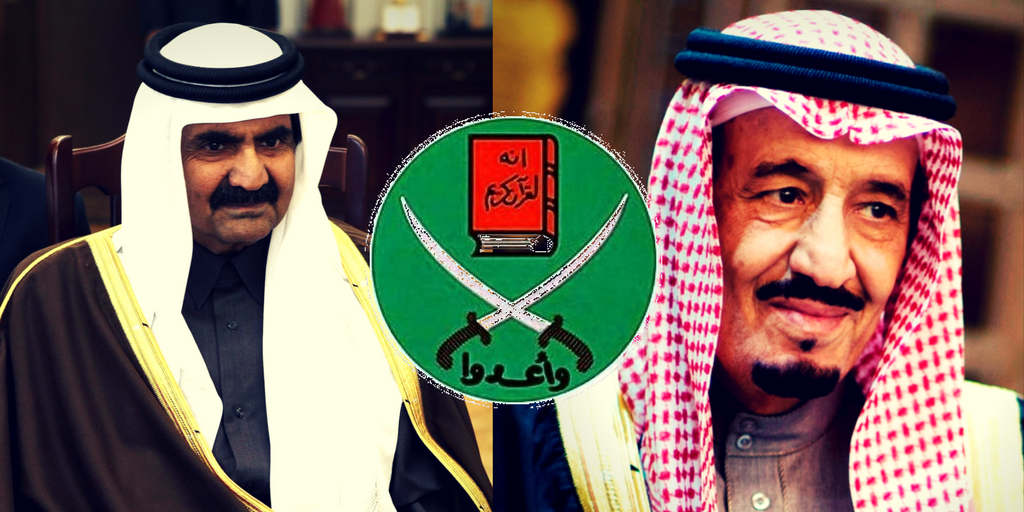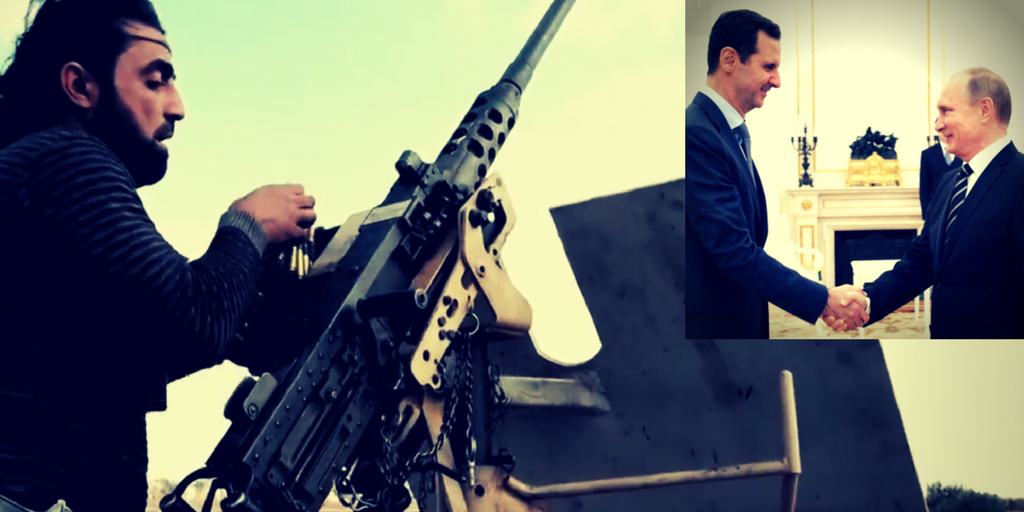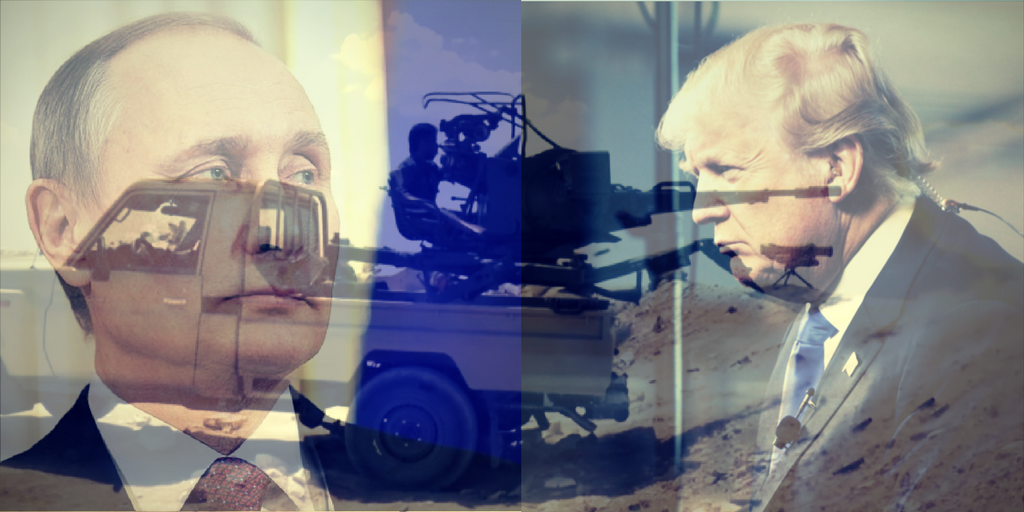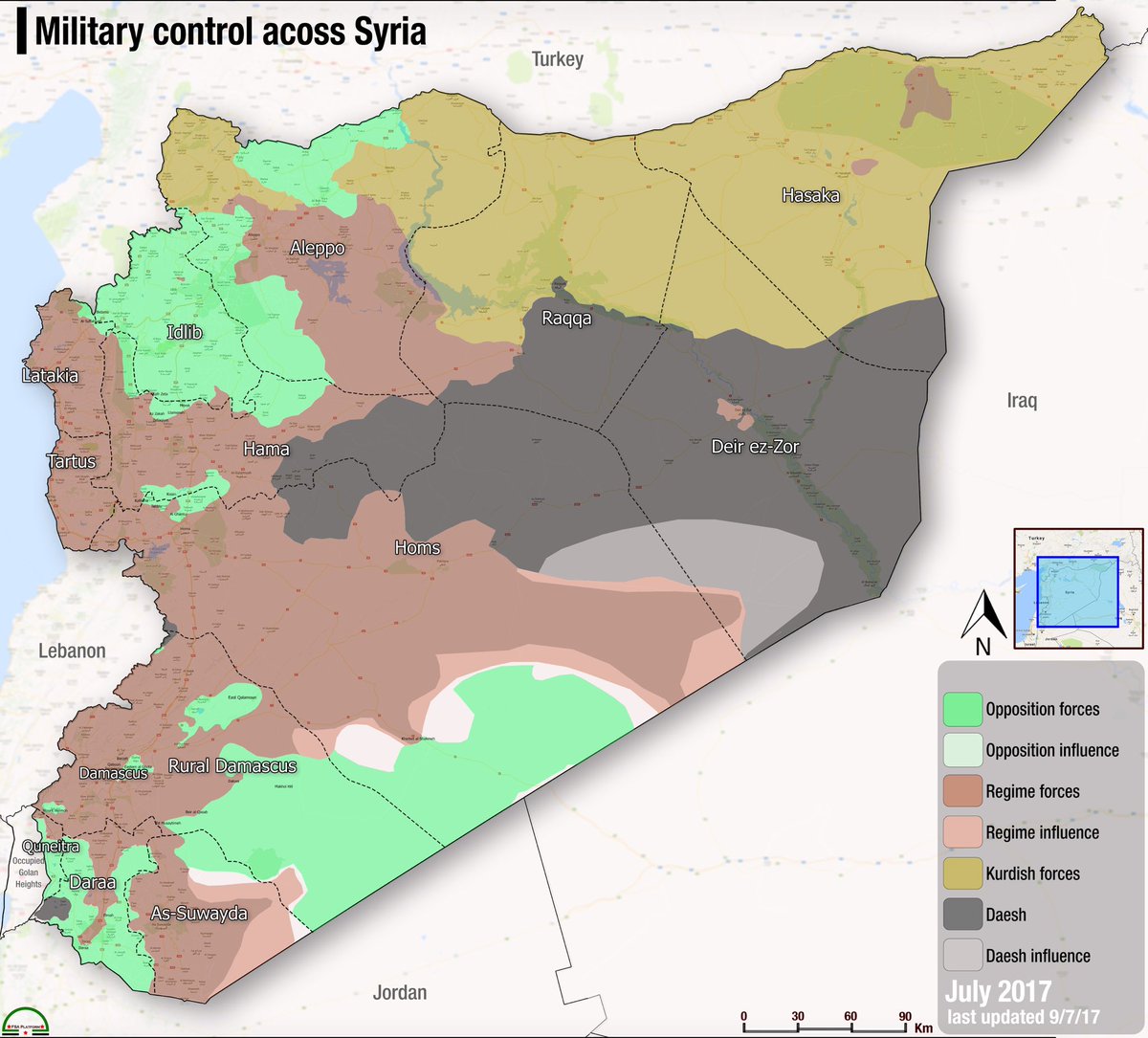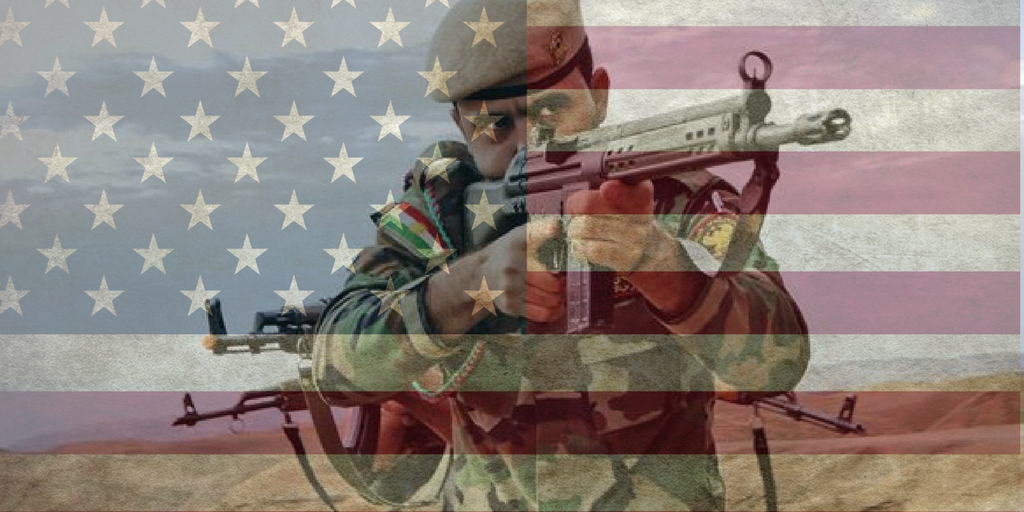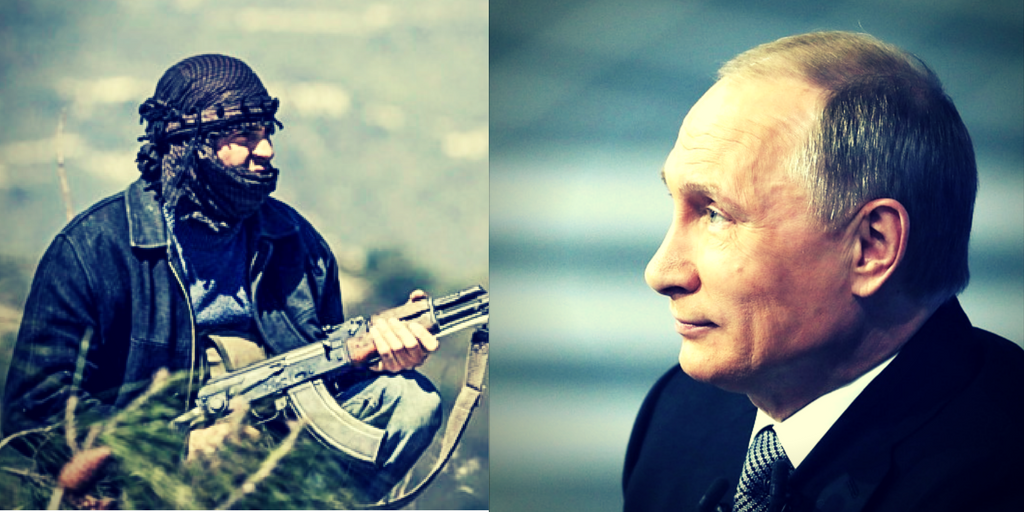The looming crisis between Qatar and several Gulf states came as a shock to many. Before that, the Gulf Cooperation Council was viewed as a club of rich and stable Arab regimes. Nonetheless, Saudi Arabia is now leading a push to punish Qatar through isolation. This hsa generated much media attention and ‘expert’ focus by pundits of the Middle East. Still none of those seems to have hit the core of the subject: This crisis is deeper than what anyone guesses and it will have an impact on the entire region, including Israel.
To begin with, the main cause of the rift between Saudi Arabia and Qatar could be summed up in three words: The Muslim Brotherhood (MB). Saudis wants the MB gone, so does UAE and Egypt. Nonetheless, Qatar and Jordan are both pro-MB and have invested too heavily in the Islamist group to let it go easily.
Some may be perplexed by the claim that Jordan’s regime supports the MB. Jordan and Qatar both provide support for the MB. Jordan’s royal family, the Hashemites, have been in a full alliance with MB since the 1950s. The MB were the ones who supported the kingdom’s founder, Emir Abdallah, in annexing the West Bank. They also stood with the Hashemites in 1970 during their civil war with the PLO. This fact has been confirmed by Jordan’s king himself in a 2013 interview with The Atlantic magazine.
Further, Jordan’s regime’s alliance with the MB is deeper than generally realized.
In November 2012, Jordan witnessed the largest Arab Spring-style revolution. One million took to the street demanding that the king steps down. Despite overwhelming popular sentiment, the MB openly stood against the revolution and said: “We will never allow the king to fall.” While the MB is banned in most Arab countries, in Jordan, they are registered as a charity, a political organization, and a private business. While the king bans secularists and liberals for a mere tweet, the MB owns its licensed satellite TV network and daily paper in which they consistently preach terrorism and death to America and the Jews.
In fact, the entire knife-intifada concept was launched by MB journalist Yasser Zaatreh who wrote an article demanding all Palestinian stab Jews and in one of Jordan’s major daily which is partially owned by the Jordanian government itself in June of 2015.
The Jordan monarchy’s marriage with the MB resulted in a polygamous marriage with Qatar’s regime. Qatar is the main financier of the MB group not only in Jordan but the world. Jordan’s MB members control Qatar’s owned Aljazeera, the General Manager, Yasser Abu Helalah, is a Jordanian MB member, a known Jordanian intelligence operative, and an outspoken loyalist to Jordan’s king.
Further, Jordan and Qatar have been very close in coordinating their stance on Syria as well as Israel. Both have worked through their intelligence agencies and media to sustain and expand the unrest in Syria with the concept that the more the unrest persists the more both can get away with sustaining and empowering their instrumental tool: The MB. They want the civil war to go one, and that is why when President Trump attacked Syria with Cruse missiles, both Jordan’s and Qatar’s media were against the hit.
As for Israel, both Jordan’s and Qatar’s royals have played both ends against the middle. They have incited the region’s regimes and public against Israel, then behind the scenes telling the Israeli leadership they are the only people they can talk to, and at times, even claiming they both control the situation in Syria. “Israel cannot afford to ignore us, we hold the strings” as one Jordanian stateman has said in secret.
Under Obama, these tactics worked successfully for Qatar and Jordan. Saudi Deputy Crown Prince, Mohammad Ben Salman, tried to convince Obama several times of the necessity to crack down on the MB and to designate it as a terror group. This only fell on Obama’s deaf ears.
But now, there is a new sheriff in town. From Day One President Trump was very clear in his stance on the MB and other terror groups stating, “We will wipe them from the face of the earth.”
I can confirm, from my Arab sources, that the Saudi-led move against Qatar came after talks with the US administration. Also, the move is not directed only towards Qatar, in fact, Jordan is on the US radar as the MB’s safe house. In fact, the MB’s HQ is only 4 miles away from the king’s palace.
Jordan’s regime has been trying to appease the Saudis in this fight, it downgraded its diplomatic representation with Qatar and closed Aljazeera’s office. This may fool some Western media, but not the Saudis. The king still won’t cut ties with Qatar and his very own intelligence officers are launching a relentless defamation campaign through Aljazeera against Saudi Arabia and president Trump himself.
Both Qatar’s and Jordan’s state-controlled media are still claiming President Trump is on the verge of being impeached. Something Qatar’s Emir himself stated to his own official news agency, then claimed the agency was hacked and he never said those things. Google, on the other hand, confirmed Qatar’s News Agency was not hacked when it posted the Emir’s comments against both Trump and Saudi.
Further, a very well-connected Arab source confirmed to me that the US has already told Qatar: “Don’t expect any solutions before you drop the MB”.
Meanwhile, Qatar keeps hissing, fighting, and kicking. It cannot do this forever and it will have to give up the MB eventually. Once that happens, Jordan could face serious consequences, simply because “Jordan’s MB is a part of the Hashemite regime” as the king’s own Minister of Political Reform has said. Once the MB loses Qatar’s money and Aljazeera, the Jordanian regime itself will be further weakened and Jordan will be open to changes.
This crisis will have far-reaching outcomes and Jordan has already been influenced by it and will be the next place to watch for change if, or when, Qatar divorces the MB.

